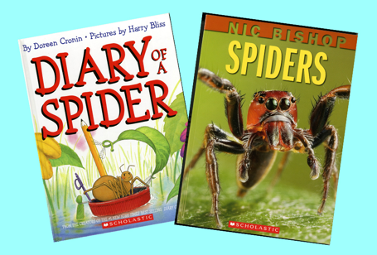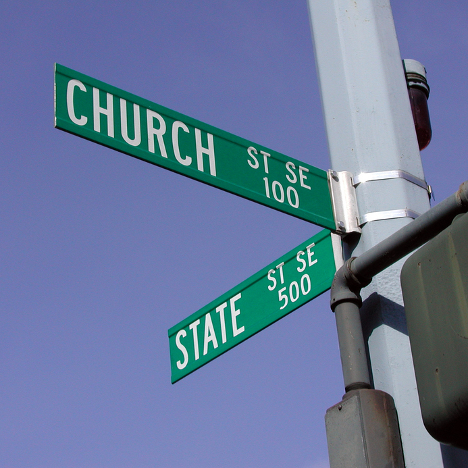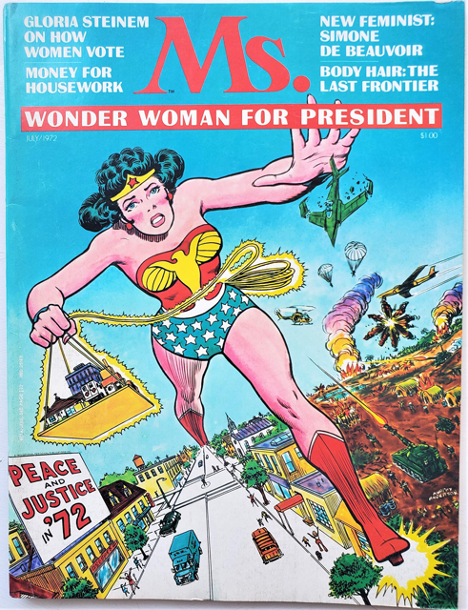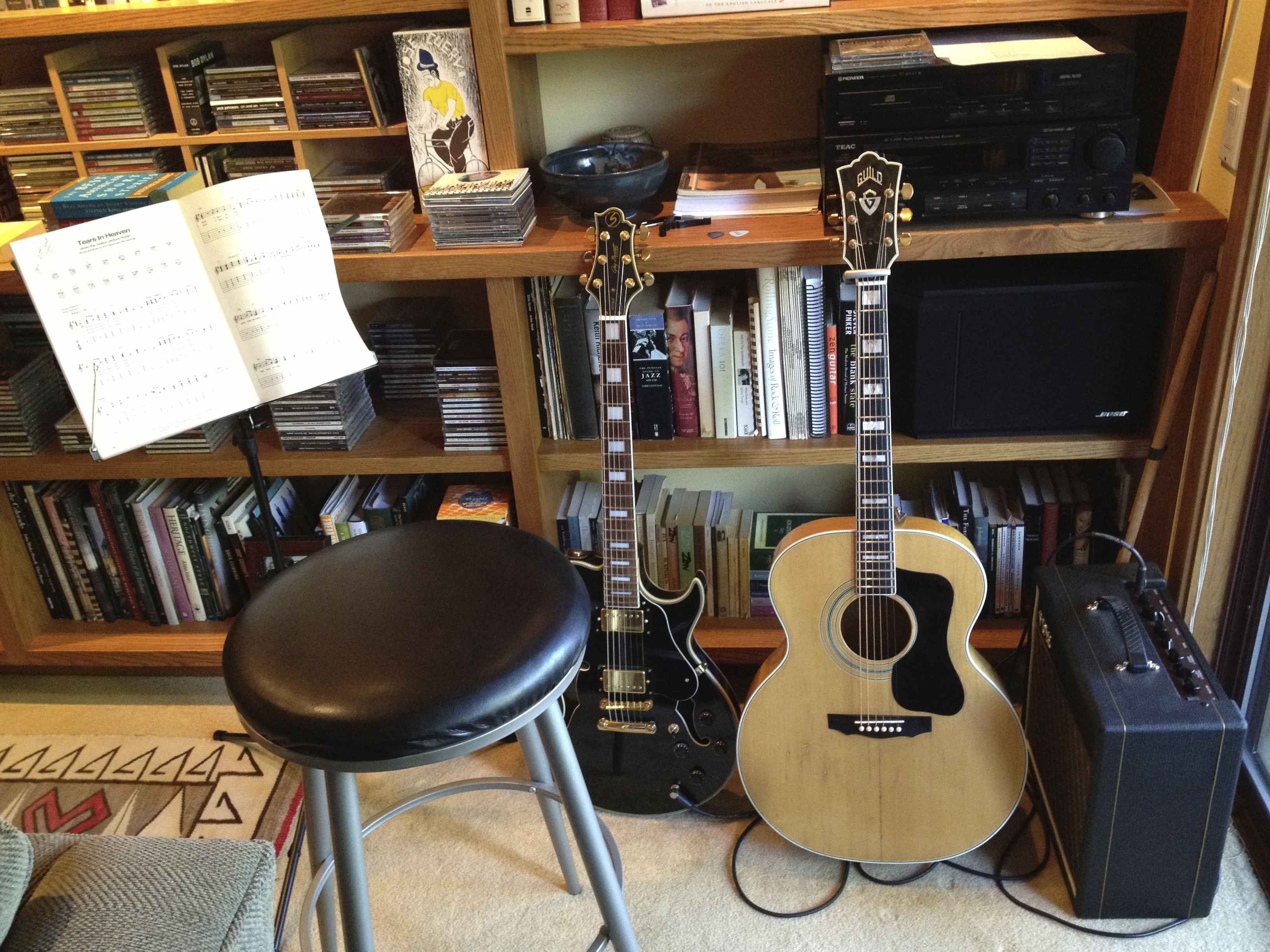 When I was 12 years old I took clarinet lessons. From this distance I can’t remember if was my parents’ idea or mine. If it was mine it was because I loved the Sing, Sing, Sing track on the Columbia recording of Benny Goodman’s 1938 Carnegie Hall Concert. I could see myself playing like Benny in just a few short weeks. If the idea came from my parents it was because, like so many of their other ideas, they thought it would be good for me.
When I was 12 years old I took clarinet lessons. From this distance I can’t remember if was my parents’ idea or mine. If it was mine it was because I loved the Sing, Sing, Sing track on the Columbia recording of Benny Goodman’s 1938 Carnegie Hall Concert. I could see myself playing like Benny in just a few short weeks. If the idea came from my parents it was because, like so many of their other ideas, they thought it would be good for me.
I always loved music – especially jazz – and the year before I started on the clarinet I bought a $10 ukulele out of the Sears Roebuck catalog and taught myself I Wanna Go Back To My Little Grass Shack In Kealakekua Hawaii and Ain’t She Sweet after first mastering the My Dog Has Fleas (G C E A) tuning on that four string beauty. The uke was great but the wood to wood tuning pegs were a bitch to keep in tune.
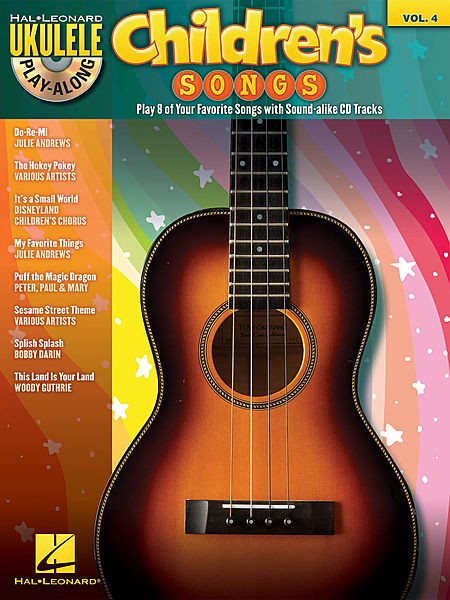 In any event, my parents got tired of My Dog Has Fleas and wanted me to learn to play a more traditional instrument. Maybe they even thought I had talent. No telling. My best guess is that they thought it would keep me busy while the hormone levels were rising. Maybe it did for a while, but the clarinet only lasted a few months. I hated the lessons on Saturday morning and I hated the teacher, Miss Cardinal, who taught students in her living room and wore a house dress, a cardigan sweater and sensible shoes. She was a spinsterish woman whose house smelled like spinster and cats. I don’t think she ever smiled, at least not at me, and when I failed to meet my own Benny Goodman standard I opened up her schedule for another aspiring clarinetist.
In any event, my parents got tired of My Dog Has Fleas and wanted me to learn to play a more traditional instrument. Maybe they even thought I had talent. No telling. My best guess is that they thought it would keep me busy while the hormone levels were rising. Maybe it did for a while, but the clarinet only lasted a few months. I hated the lessons on Saturday morning and I hated the teacher, Miss Cardinal, who taught students in her living room and wore a house dress, a cardigan sweater and sensible shoes. She was a spinsterish woman whose house smelled like spinster and cats. I don’t think she ever smiled, at least not at me, and when I failed to meet my own Benny Goodman standard I opened up her schedule for another aspiring clarinetist.
Two years later I had brief affair with another woodwind, the tenor saxophone, which I also thought was cool, but in spite of mastering a funky version of The Merry Widow Waltz in ¾ time it didn’t stick any better than the clarinet. By then it was clear to my parents that I didn’t have the concentration and staying power to master a musical instrument and they gave up on what was good for me.
I have another theory. When it comes to music or language – or the acquisition of difficult skills or the retraining of new neural pathways – there is a break-even point at which the pleasure of the endeavor has more power than the pain of failure. If you get to break-even you keep going; if you don’t, you don’t.
Ten years after the clarinet and saxophone experiments, in the fall of 1962, I was sitting outside a music store in Claremont, California, and heard Joan Baez’s ethereal voice for the first time. It was her first record and the Chase’s, the family that owned the music store, were friends and neighbors of the Baez family. Mr. Chase sold me my first guitar and an instruction book that afternoon. I took both of them home and started toward the break-even point. By Christmas I could play a couple of songs and play the chords in the key of E. Break-even time.
Malcolm Gladwell says that “The emerging picture (from such studies) is that ten thousand hours of practice is required to achieve the level of mastery associated with being a world-class expert—in anything,” (page 4, Outliers). Gladwell is often misquoted to the effect that 10,000 hours of practice can make you an expert – in anything. His examples of the “10,000 hour rule” are Bill Gates, the Beatles, Tiger Woods, and Kobe Bryant. This closer look at Gladwell’s dictum and Outliers shows that the underlying structure of the 10,000-hour rule is 10,000 hours of intense and focused practice.
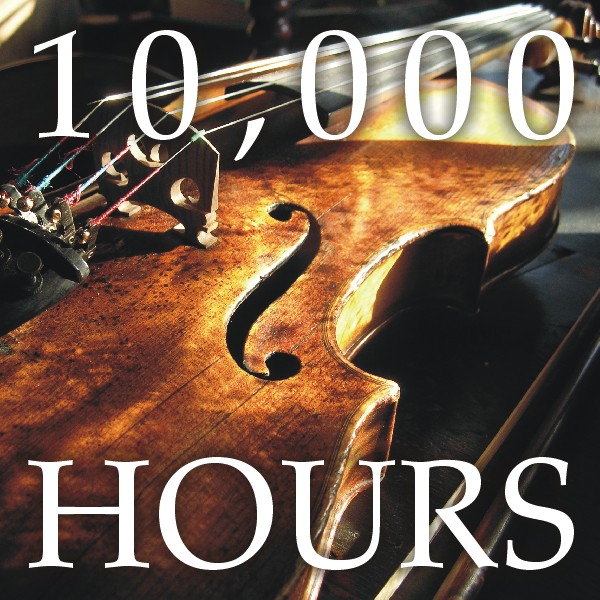 I love the guitar; I’ve had several since the one Mr. Chase sold me – and I love guitar music – classical, jazz, rock, folk and country. I might even have 10,000 hours invested in practice, but it’s not the intense, focused effort Gladwell is talking about. My dirty little secret is that over the 50 years I’ve been playing I have taken only four lessons – two classical and two folk – and I experienced the same frustration and anxiety that I had with the clarinet and saxophone. I chickened out and quit. I hated not being good at it and was unwilling to put in the hard work to get there.
I love the guitar; I’ve had several since the one Mr. Chase sold me – and I love guitar music – classical, jazz, rock, folk and country. I might even have 10,000 hours invested in practice, but it’s not the intense, focused effort Gladwell is talking about. My dirty little secret is that over the 50 years I’ve been playing I have taken only four lessons – two classical and two folk – and I experienced the same frustration and anxiety that I had with the clarinet and saxophone. I chickened out and quit. I hated not being good at it and was unwilling to put in the hard work to get there.
Last month a friend, who is about my age, asked me if I wanted to share his guitar teacher. He and his son-in-law had been alternating weeks with the teacher, but the son-in-law moved and he thought I might want to take his place. It caught me by surprise and I couldn’t think of a way to say No. The next week I went with him to his lesson and agreed to sign on. Scary. Sweaty palms. Clumsy fingers. Can’t keep the rhythm going. Brown-Eyed Girl. Norwegian Wood. Bo Diddely Beat. Clumsy everything – except when I play along with him. I can follow along if he keeps it simple and it sounds pretty good.
I haven’t played with anyone in 30 years. I play along with CD’s that hide my mistakes and I never have to hear myself alone, which is good. It sounds awful, to me, without the back up band.
George, the teacher, is very funky. The lessons take place in his bedroom/studio in a house he lives in with his wife and mother. They occupy the living room watching Dancing With The Stars while we wail away in a low-lit shag-rug bedroom/studio chocked full of guitars, music stands, CD’s, computers, drum machines and a king sized bed. The lesson last a half-hour, at which point my brain is fried and my fingers spastic. But I feel surprisingly good on the way home. Every two weeks is good. Not the same kind of pressure as if I had to do it every week. That might reprise the spinster/cat smells. I’m good for now.
Oh… and did I tell you I’m also taking tennis lessons and a short story writing workshop?





























